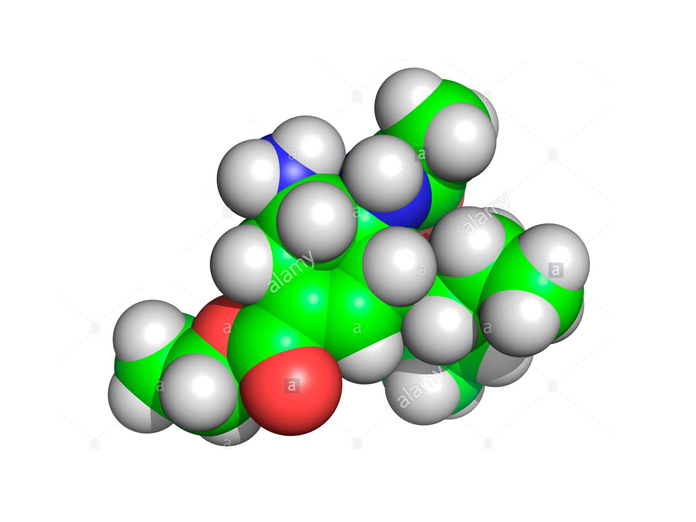Researchers design new anti-influenza drugs

Researchers from LSTM and Imperial College London have designed drugs which could help combat potential new flu pandemic
Researchers from LSTM and Imperial College London have designed drugs which could help combat potential new flu pandemic.
The drugs work by targeting the receptors of the cells by which the virus gains entry to the human body.
In a paper published in the ‘Journal of Immunology,’ the team, led by LSTM's Professor Richard Pleass, show that by engineering a part of an antibody they can target the viral proteins that allow flu to mutate and become deadly to humans.
Global annual influenza outbreaks account for 3,00,000 - 6,50,000 respiratory deaths, mostly in children and the elderly.
Speaking about the study, Prof Pleass explained that influenza vaccines have limited public health impact during pandemics, and current influenza vaccines are less efficacious than vaccines for many other infectious diseases.
The study finds that both HA and NA target a sugar called sialic acid, that is found in abundance on the receptors of cells lining the mammalian respiratory tract, which the virus uses to gain entry into the body.
The sialic acid-binding contacts on HA and NA do not mutate readily, otherwise the virus would not be able to infect human cells.
Prof Sara Marshall, Head of Clinical and Physiological Sciences at the Wellcome Trust, who provided funding for this work, said that the study could have really far-reaching impact not only for influenza but as a platform technology to develop new medicines for many other diseases that are currently treated by antibodies.







